Many clients wonder why their website is slow and why it gets slower every couple of months. We often assist clients in determining issues with their website and sometimes even need to convince them that it is not related to their hosting service. It’s like having a great car but a lousy chauffeur. No matter how good the car maybe and how fast it could go, if the chauffeur is not competent, the high-end car is worthless. In the same way, no matter how fast your hosting server is, if you do not have a well coded and well designed website, your website is bound to open with a crawl. This article helps draw the attention of website owners to the various things that can be done to speed up their website to make it more SEO friendly.
Clean Code
The most important thing you need to improve your website’s load time is clean and simple programming. There are some programmers who can obtain special effects on a page with 50 lines of code. There are better programmers who can achieve the same thing in 20 lines of code. This is dependent on the skills and experience of the programmer and the logical thought process. Even Search Engines want to serve up clean and quick content to their website visitors. They don’t want to inflict upon their visitors a slow and cluttered website. The short solution is to Keep It Simple.
Onsite Resources
When linking to images or other media that we like from an external website, we often prefer to load the image or music or video by embedding the other persons link in our own page. This is also known as hot-linking. Earlier, some webmasters used to do this to save on their own websites bandwidth usage by causing the image to load from another person’s website and using up their bandwidth.
CDN and Content Caching
A CDN is a content distribution network, which distributes a mirror copy of your website across their global network of servers. When a visitor requests a page from your website, instead of contacting your web hosting server, it contacts the server closest to the visitor, which has a mirror copy of the website. This greatly reduces the time taken to access the page and serves up the content at lightning speed. From time to time, the cache of your website, which is mirrored on the CDN servers is updated. This means that any changes that you make on your website will not be updated across the CDN instantly and your visitors will see a delay in the fresh content. However, you may choose to cache only the static parts of your website which do not change very often, but the dynamic parts of the website can be called from your web hosting server directly.
You can also use page caching techniques to make your pages load faster by creating a temporary storage of the content on the user’s computer. This may cause a delay in displaying fresh content, but you can tweak the cache to only store the static pages to serve up faster.
Minimize Plugins and Frills
A major cause of your website slowing down is 3rd party plugins. We all want to connect with our audience on social media, but you should avoid using third party plugins for social networking. Some of these plugins pull statistics and display information from the plugin creator’s website, which may cause your website to become slow. While your page loads, the information is constantly requested from the plugin maker’s website, which results in your page waiting till the data is transferred from there. A slow plugin may cause your visitors to see the page loading indication in their browser and may also cause other parts of your page or other plugins to remain in the queue. This can drastically reduce the speed of your website pages. To avoid this situation, it is best to remove slow plugins and constantly monitor the page load speed accordingly.
Compression
Some compression tools which are built-in on your web server allow you to compress each request before sending it to your visitor’s computer. When a visitor requests a webpage from your website, the server will zip up the page content and send the compressed information to the user’s browser. The visitor’s browser will then decompress the data and unzip the file for display. This reduces the size of the data being transferred, leading to a reduction in speed and also a reduction in data transfer usage. Compression takes up a bit of processing power on the visitor’s machine and on the server, but the CPU usage is so negligible that it is worth the resources to increase the speed of the website.
15% Off All Business Cards
VIEW ALL CARDS
$60.05
$60.05
$60.05
$62.55
$60.05
$60.05
$60.05
$60.05
$52.55
$52.55
$60.05
$60.05

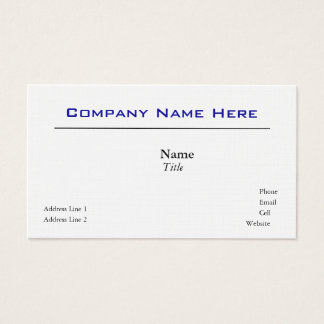
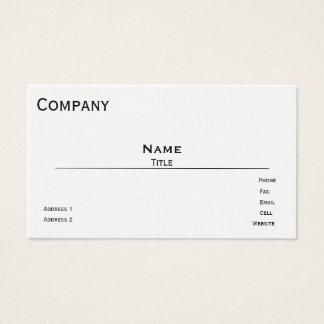

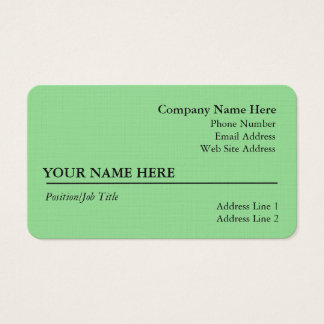
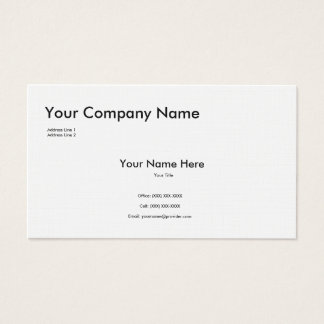
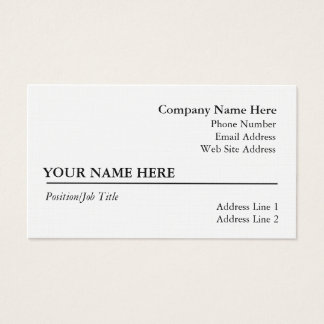

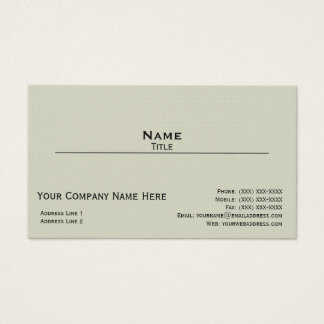
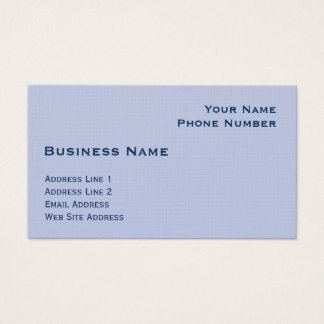

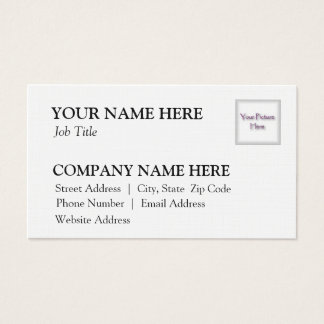
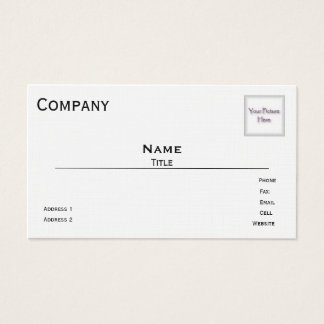
No comments:
Post a Comment